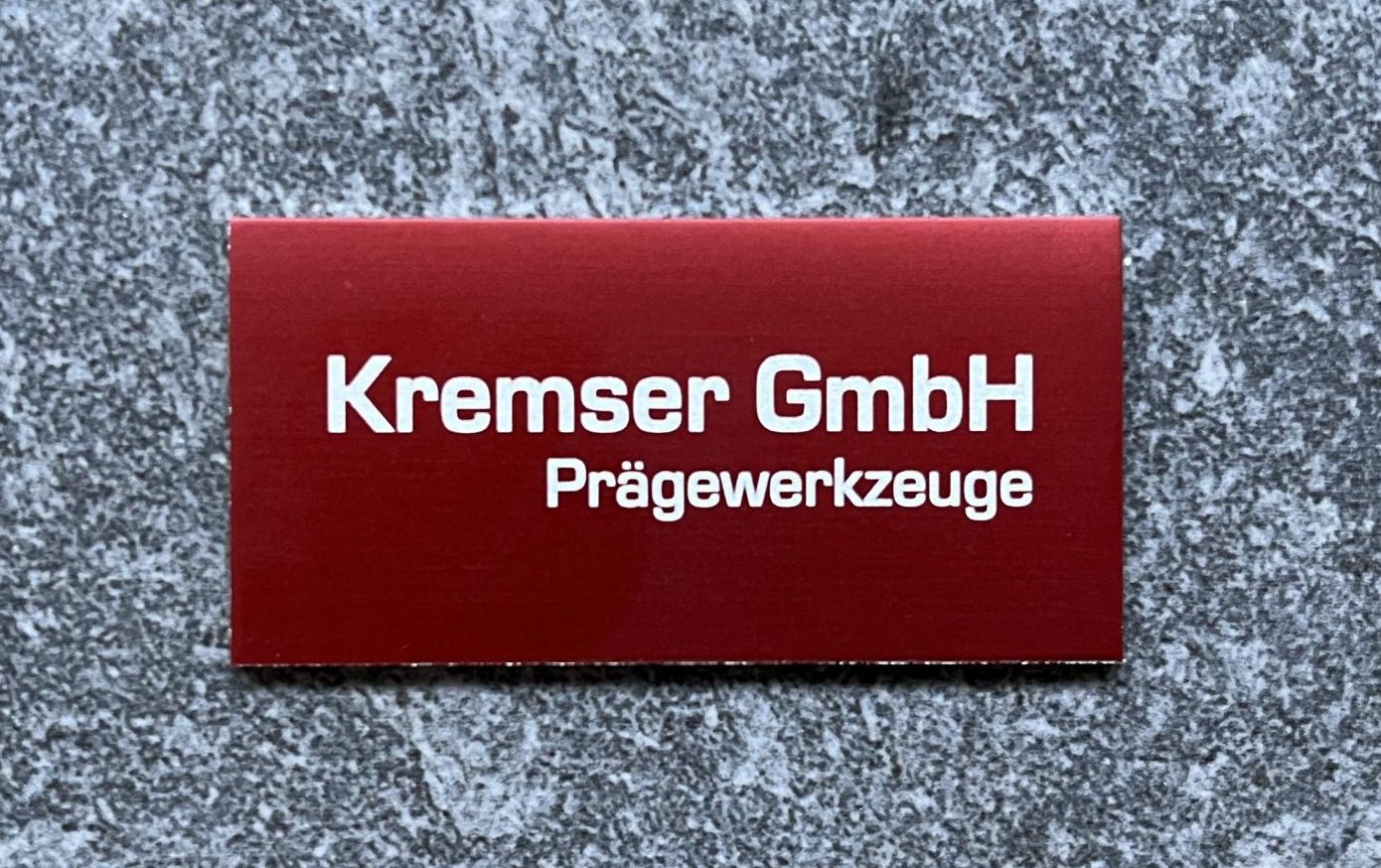Prägewerkzeuge & Präzisionsgravuren
Maßgeschneiderte Prägewerkzeuge und Präzisionsgravuren
ÜBER UNS
Renommierter Zulieferbetrieb für namhafte Firmen der Schreibgeräte, Kosmetik, Automobil und Verpackungsindustrie.
Wir fertigen hochwertige Prägewerkzeuge zur Veredelung Ihrer Produkte. Langjährige und motivierte Mitarbeiter gewährleisten höchste Qualität bei kurzen Lieferzeiten.
Spezialisten für Prägewerkzeuge & Präzisionsgravuren
Modernste CAD und CNC-Technik
Langfristige Kundenbeziehungen
Kurze Lieferzeiten
Über 40 Jahre Erfahrung
10 Mitarbeiter
Firmenstandort in der Metropolregion Nürnberg
LEISTUNGEN
PROFITIEREN SIE VON HOCHWERTIGEN PRÄGEWERKZEUGEN UND PRÄZISIONSGRAVUREN

WORTE DER GESCHÄFTSFÜHRUNG
Starke und langfristige Kundenbeziehungen.
„Der Erfolg unserer Firma basiert auf der Grundlage unserer langfristigen Kundenbeziehungen und unserer langjährigen und kompetenten Mitarbeiter.“
STEFAN KREMSER
GESCHÄFTSFÜHRER
KUNDENPROJEKTE
Prägewerkzeuge & Präzisionsgravuren
Die Kremser GmbH steht Ihnen hier als kompetenter Partner zur Seite. Wir entwickeln und fertigen hochwertige, an Ihre Anforderungen angepasste Produkte.










